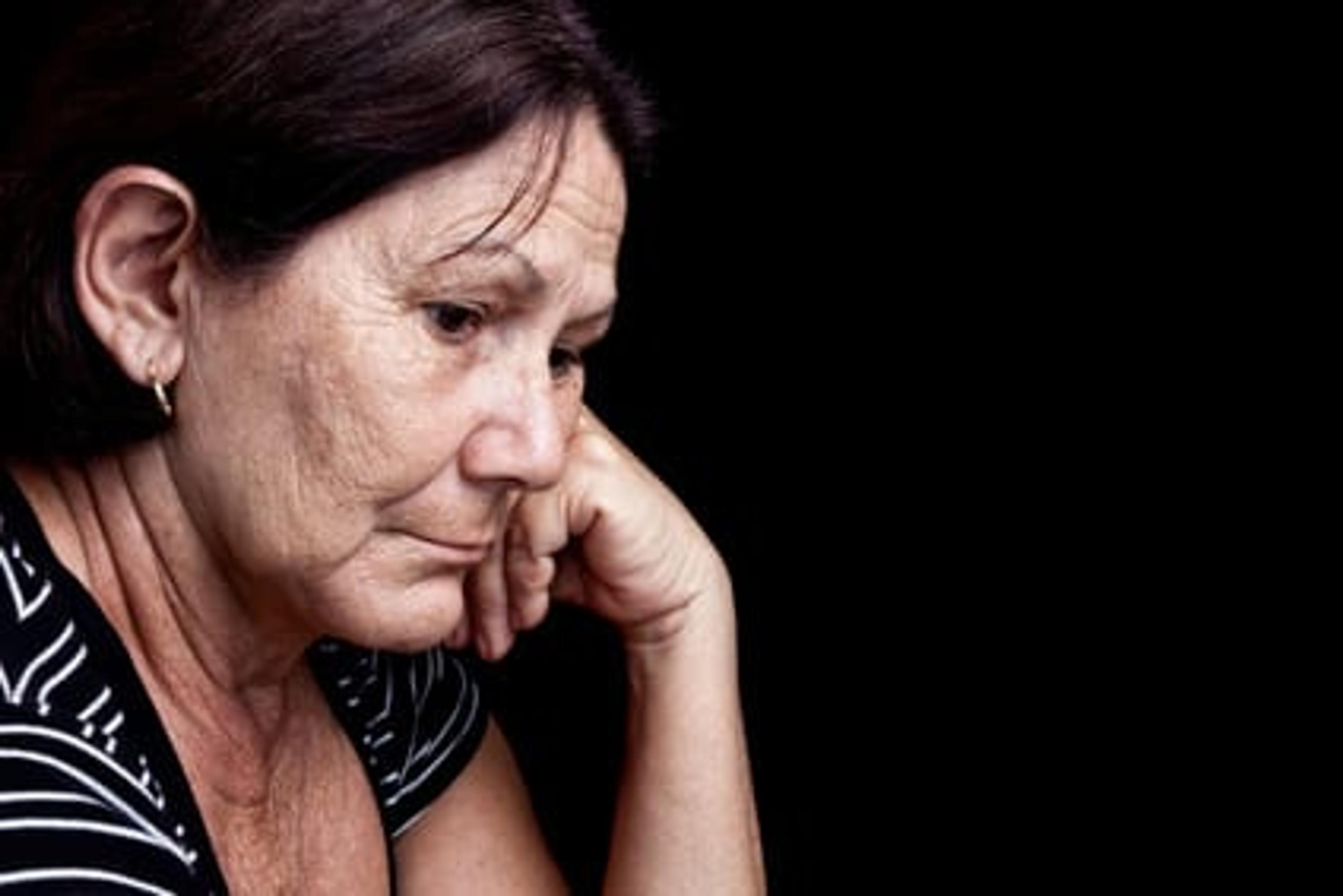The grieving process of a breast cancer diagnosis
Dr. Beth Goldman
| 2 min read

This blog post is part of #HealthyMe, a personalized web experience based on your health and wellness goals. To sign up today, visit http://www.ahealthiermichigan.org/healthyme
Everyone has different responses to a breast cancer diagnosis. Once the immediate shock wears off, people can go through a range of emotions including denial, anger, grief and guilt.
- Denial: At first, patients are often stunned into a silent disbelief. They must have the wrong person’s results. There’s some misunderstanding. People’s minds freeze as they attempt to process the diagnosis. Denial may cause a person to “ignore” even obvious symptoms of cancer, which may cause them to not seek treatment until the disease has progressed quite far.
- Anger and fear: After people accept that they have cancer, many become angry and scared. Fears vary by age and circumstance. Women have fears of infertility, loss of femininity, emotional instability of their spouse and/or children, financial burdens, and even death. Left alone, these fears can grow until the patient becomes the cancer; their life and sense of self revolves around their diagnosis. It’s also normal to ask “why me?” and feel anger toward your doctor, your healthy friends and family, and even the cancer itself.
- Grieving: Once over the peaks, the roller costar begins to level out as the grieving process begins. Women who have a mastectomy face a great deal of grief over the lost body part, mourning the loss of their own self-image of being attractive or sexy. If they were very healthy prior to the diagnosis, illness has never been an important part of their lives. All the sudden, cancer forces them to face their own mortality.
- Guilt and blame: It’s normal for women replay their lives to identify the reason for their disease. Could I have prevented this? As the case is usually no, self-blame turns to a sense of being betrayed by one’s body.
Photo Credit: SalFalko
Editor’s note: This post first appeared on A Healthier Michigan in October 2013.





